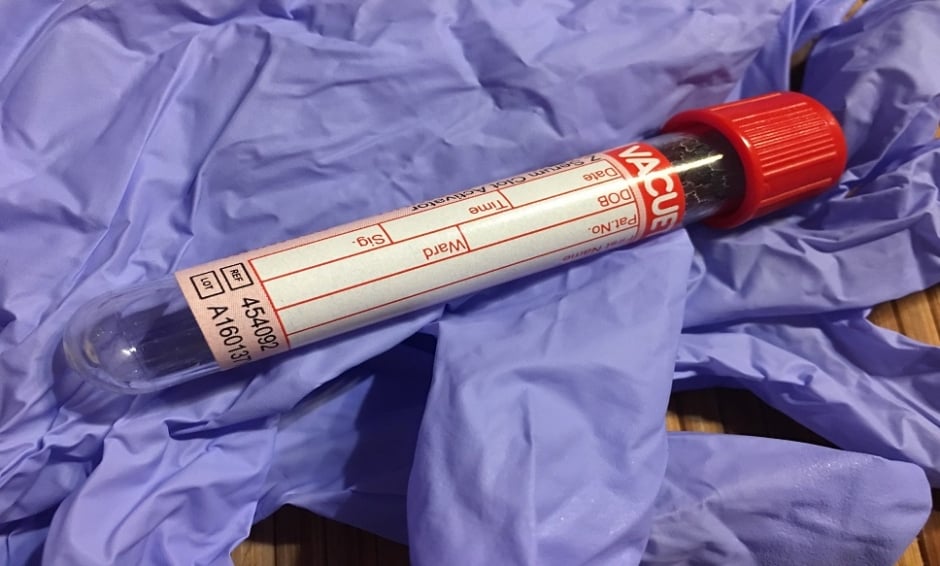A BLOOD TEST to help predict the risk of non-relapse mortality (NRM) and severe graft-versus-host disease (GVHD) in blood cancer patients who undergo a bone marrow transplant has been developed following a recent study.
In the new study paper, scientists report that no laboratory test currently exists to predict the risk of these complications prior to the onset of GVHD symptoms. Approximately 50% of patients who receive a bone marrow transplant go on to develop GVHD, a disease leading to serious and often fatal complications. The new test could be used to implement pre-emptive interventions for high-risk patients before the disease takes hold.
In the study, scientists from 11 cancer centres in the USA and Europe examined blood samples taken from nearly 1,300 bone marrow transplant patients to see whether the risk of GVHD could be predicted. They developed the ‘MAGIC’ (Mount Sinai Acute GVHD International Consortium) test which looks at four molecules in the blood. The team were able to consistently identify which patients were at high risk for GVHD and NRM by measuring the levels of two of these molecules, ST2 and REG3a, from blood samples taken 7 days after a bone marrow transplant.
Commenting on the study, Prof Ronjon Chakraverty from University College London, London, UK, said: “This study reveals that a blood test performed just 1 week following a bone marrow transplant accurately identifies which patients are at the greatest risk of this life-threatening condition.
“Importantly, the test worked in different hospitals and in different groups of patients in the USA and Europe, suggesting that it could be used widely. Tests such as this could spot patients who are most at risk, and make sure they get special targeted treatment before GVHD develops.”
Jack Redden, Reporter







